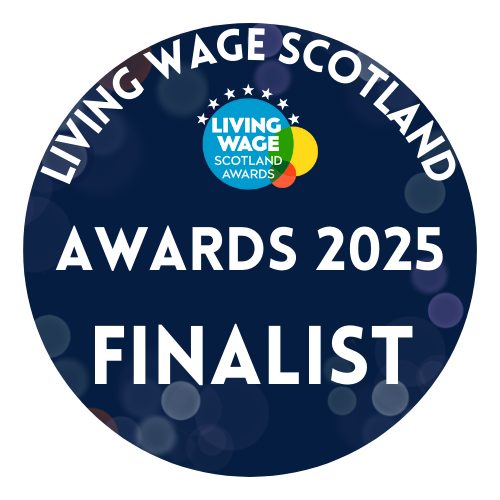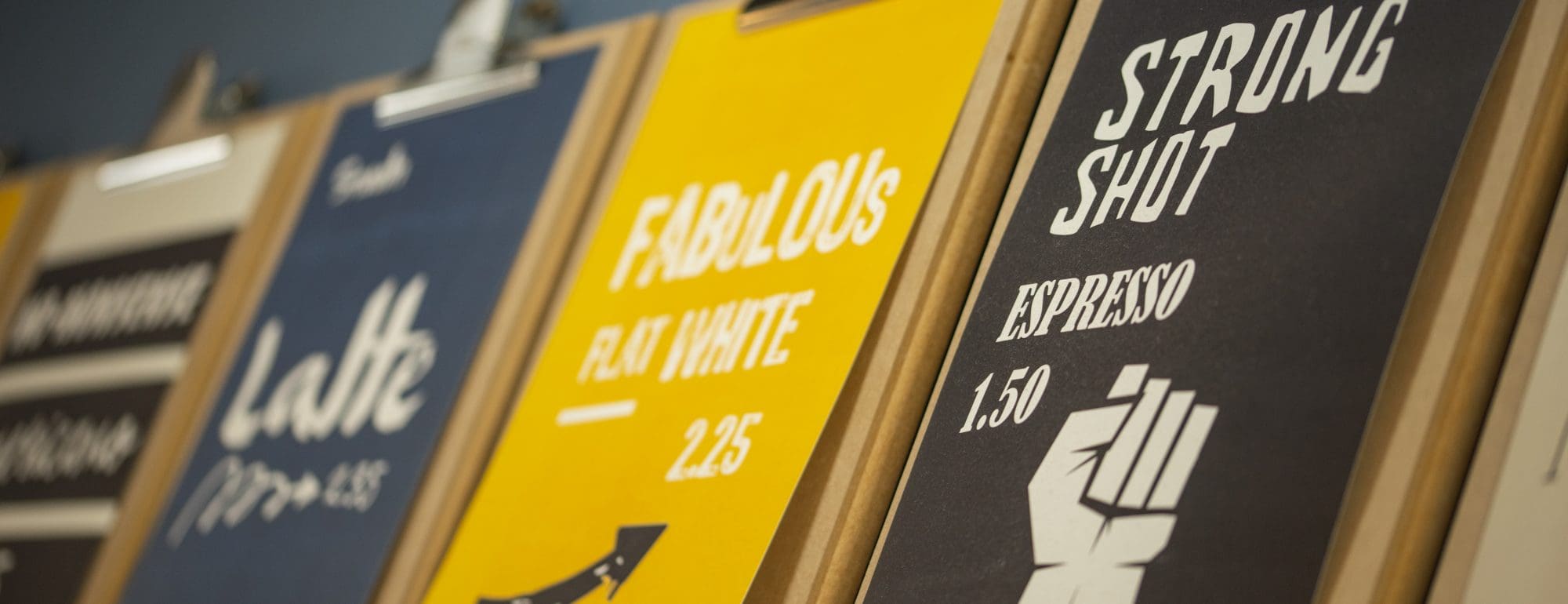
Coffee by Numbers
Ninety-five Million. Sixty-Five. Twenty-Five. Twelve Hundred. One.
All numbers which matter, when it comes to a good cup of coffee. Let’s deal with each one individually…
Nine-Five Million: That’s how many cups of coffee are drunk per day in the UK. 95,000,000! Every day!! Jings, we like coffee. More cups of coffee are drunk than tea these days. Imagine!
It’s a big industry, but what are we actually drinking? Well, it depends why you drink coffee, where you buy it and, frankly, how interested you are.
Are you after just something hot? Probably just stick to boiling up a cup of instant. The milk for a well-made cup of barista style milky coffee (latté, flat white, cappuccino) will be heated to 65°C. Not that hot really, but just right to bring out the sweet notes of the milk and allow you to fully appreciate the nuances of the espresso shot over which it is poured. “It’s not hot enough,” and “extra-hot latté” are sweary words to today’s swarthy barista.
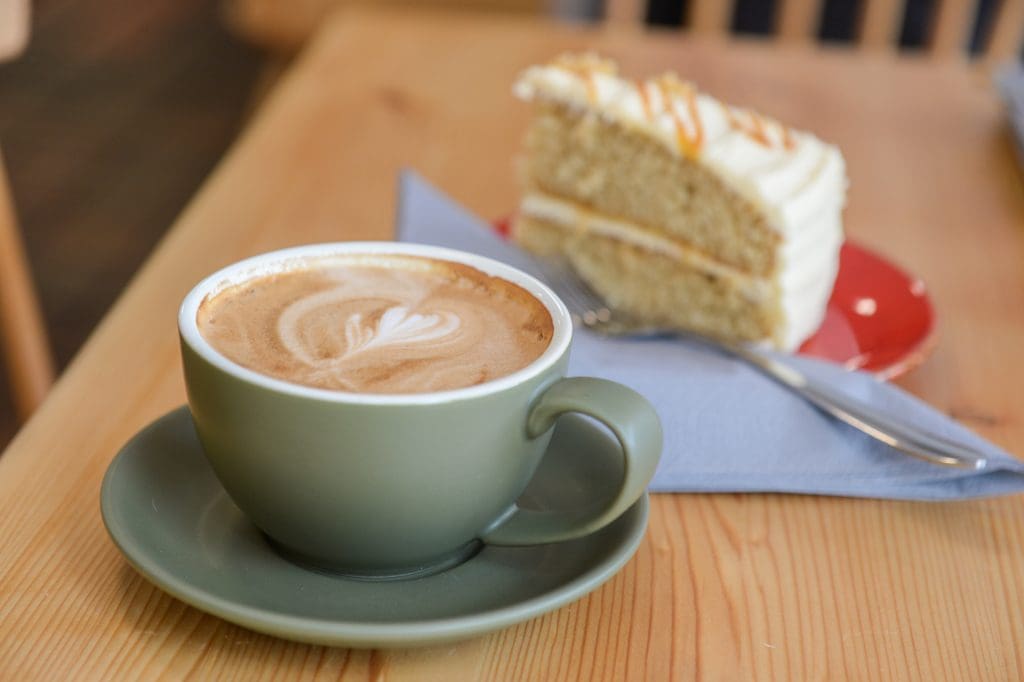
An espresso shot, by the way, has been extracted for 25 seconds to ensure it is just the right strength, not bitter, not sour, but just as it was grown and roasted to be when it finally reaches your cup.
Perhaps where your coffee comes from matters to you. Here’s where you need to be careful, as it gets a bit tricky. The big boys – we all know who they are – almost all use Fairtrade coffee. That’s commendable on the face of things. As corporations, that’s something they can champion and promote.
But does it matter? The thing is, if you buy genuinely good beans, directly from the growers, they keep all the money and as the buyer you have a relationship with that grower, know the working conditions, know where you money is going. The best importers and roasters harness these relationships and pass that information to their customers. You can buy Fairtrade coffee anywhere from supermarkets to huge wholesalers. But in many instances, try sourcing those beans down to the exact farm – try to follow your money: it won’t be easy.
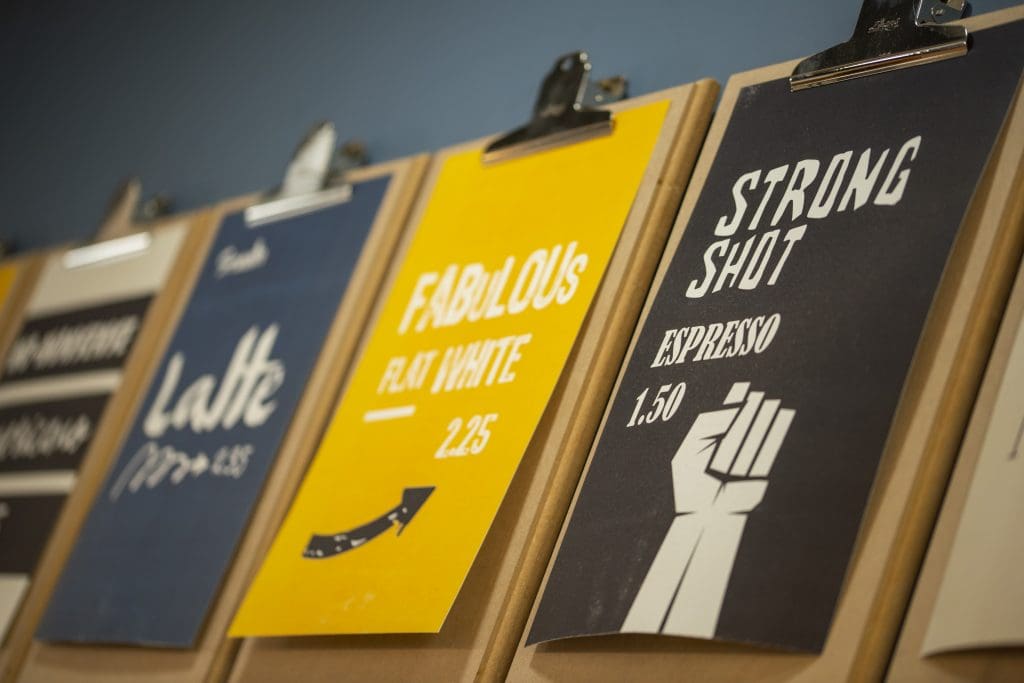
Coffee grown above an altitude of 12,000 Metres tends to be of the best standard, and this is reflected in the price throughout the supply chain. That makes it more expensive for us to buy in catering and hospitality, but if you are supporting a local coffee roaster, buying excellent produce in a direct and transparent way, isn’t that worth it?
Even so, as a rough metric, for every £1 per kilo paid at trade price, it costs less than 1p extra to produce a shot of espresso. So a £9/kg coffee which is a moderate product comparedto a £15/kg single estate, high altitude, bespoke roast bean costs 5p more to turn into a beautiful shot of coffee.
Yup, that’s worth it. If you’re interested, that is…
If you‘re not, then let us think about it and you just choose the one which tastes best to you! This is where I tell you that at Heart of Hawick Café, we use wonderful Three Hills Coffee. It’s roasted in Selkirk by lovely, passionate people, and we treat it with the love and respect it demands and deserves. Come visit us for a cup. Or two. Or three…
Live Borders is a charity. Every penny you spend with us is reinvested into supporting active, creative and healthy communities in the Scottish Borders.
Share

